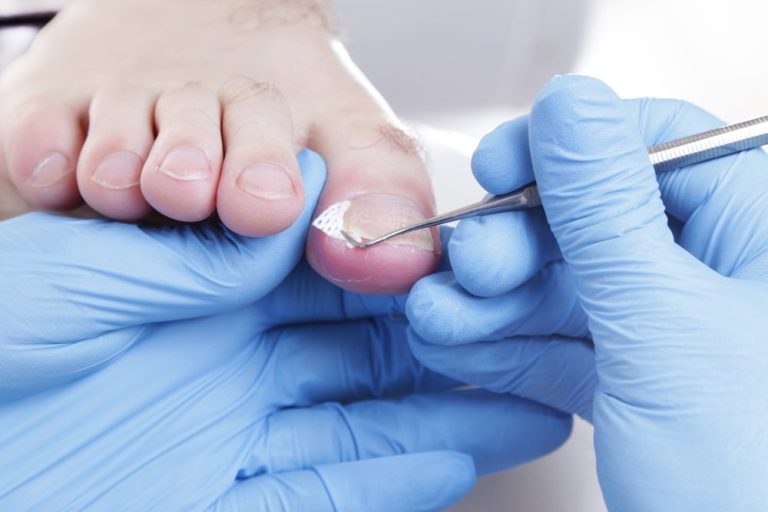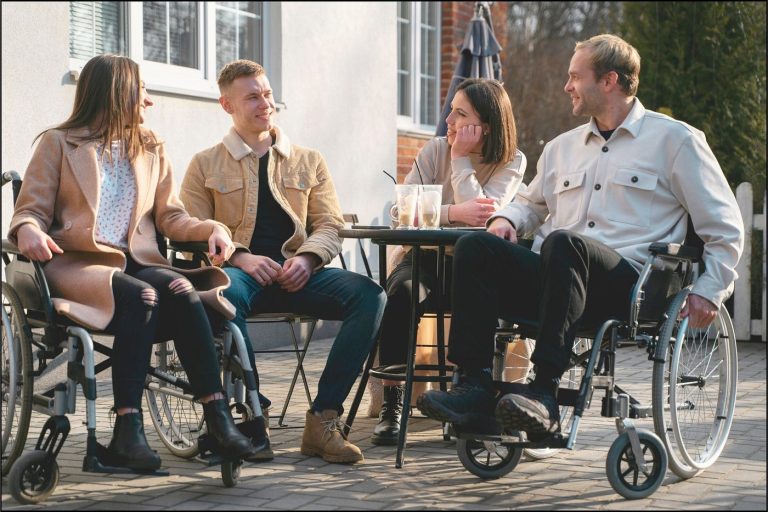Panic attacks are sudden and overwhelming episodes of fear and anxiety. If you struggle with panic attacks, you’re not alone. Many people in San Antonio seek the help of psychiatrists to manage and overcome these debilitating episodes. This article provides insights from leading panic attacks psychiatrist in San Antonio on effective strategies for managing panic attacks, including therapy, medication, and coping techniques.
Understanding Panic Attacks

Panic attacks are characterized by sudden, intense fear that triggers severe physical reactions, such as heart palpitations, sweating, and shortness of breath. These attacks can occur unexpectedly and significantly impact a person’s quality of life. Recognizing the symptoms and understanding the nature of panic attacks is the first step towards managing them.
Therapy for Panic Attacks
-
Cognitive Behavioral Therapy (CBT) CBT is one of the most effective forms of therapy for panic attacks. It involves identifying and challenging negative thought patterns and behaviors that contribute to anxiety. By changing these thought patterns, individuals can reduce the frequency and intensity of panic attacks.
-
Exposure Therapy Exposure therapy involves gradually exposing individuals to the situations or triggers that cause their panic attacks in a controlled and safe environment. This helps desensitize them to these triggers and reduces the fear response over time.
-
Mindfulness-Based Stress Reduction (MBSR) MBSR combines mindfulness meditation and yoga to help individuals become more aware of their thoughts and feelings. This awareness can help them manage their anxiety and reduce the occurrence of panic attacks.
Medication Management
-
Antidepressants Selective Serotonin Reuptake Inhibitors (SSRIs) and other antidepressants can help reduce the frequency and severity of panic attacks by balancing chemicals in the brain that affect mood and anxiety.
-
Benzodiazepines Benzodiazepines are fast-acting medications that can quickly alleviate the symptoms of a panic attack. However, they are generally prescribed for short-term use due to the risk of dependency.
-
Beta-Blockers Beta-blockers can help manage the physical symptoms of panic attacks, such as rapid heart rate and shaking. They are often used in combination with other treatments.
Lifestyle Changes and Coping Techniques
-
Regular Exercise Regular physical activity can help reduce anxiety and improve overall mental health. Exercise releases endorphins, which are natural mood lifters, and can provide a healthy outlet for stress.
-
Healthy Diet Eating a balanced diet can have a positive impact on your mood and energy levels. Avoiding caffeine, alcohol, and processed foods can help reduce anxiety symptoms.
-
Sleep Hygiene Getting enough quality sleep is crucial for managing anxiety. Establishing a regular sleep routine and creating a relaxing bedtime environment can improve sleep quality.
-
Relaxation Techniques Techniques such as deep breathing exercises, progressive muscle relaxation, and guided imagery can help calm the mind and reduce anxiety.
Seeking Professional Help in San Antonio

If you’re struggling with panic attacks, seeking help from a panic attacks psychiatrist San Antonio can provide you with the support and treatment you need. Psychiatrists can offer personalized treatment plans that include therapy, medication, and lifestyle changes tailored to your specific needs.
Conclusion and Encouragement to Take Action
Managing panic attacks requires a comprehensive approach that includes therapy, medication, and lifestyle changes. By seeking help from a panic attacks psychiatrist San Antonio, you can gain control over your symptoms and improve your quality of life. Don’t hesitate to take the first step towards recovery.
FAQs
-
What is Cognitive Behavioral Therapy (CBT)?
CBT is a type of therapy that helps individuals identify and change negative thought patterns and behaviors that contribute to anxiety. -
What medications are commonly prescribed for panic attacks?
Common medications include antidepressants, benzodiazepines, and beta-blockers. -
How can lifestyle changes help manage panic attacks?
Lifestyle changes such as regular exercise, a healthy diet, good sleep hygiene, and relaxation techniques can reduce anxiety and improve overall mental health.















